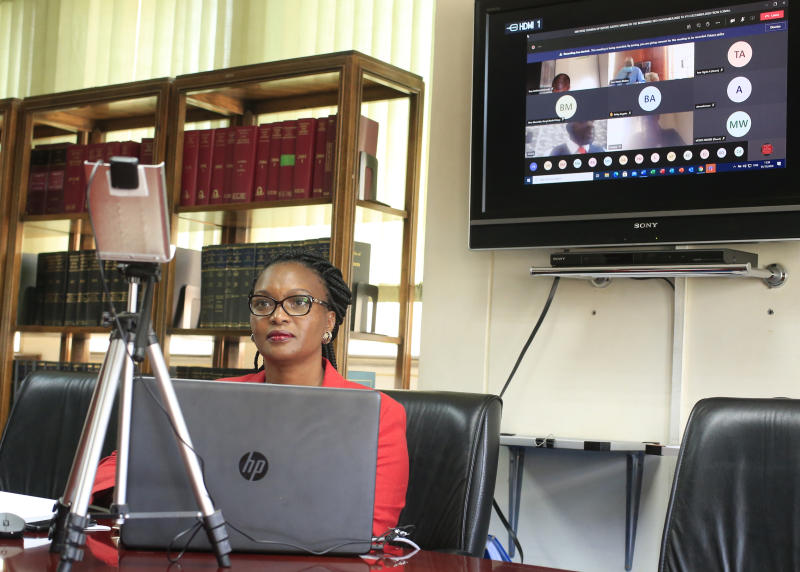×
The Standard e-Paper
Home To Bold Columnists

The Covid-19 pandemic has slowed the wheels of justice while more Kenyans are languishing in remand prisons awaiting trial. A study conducted by the Judiciary reveals that judges and magistrates have resolved 26 per cent fewer cases during Covid-19 than the previous years.
Prior to the pandemic, courts settled at least 89 per cent of cases filed by the State or litigants. This was around 469,359 cases. During the pandemic, this number has gone down to 289,728 cases.